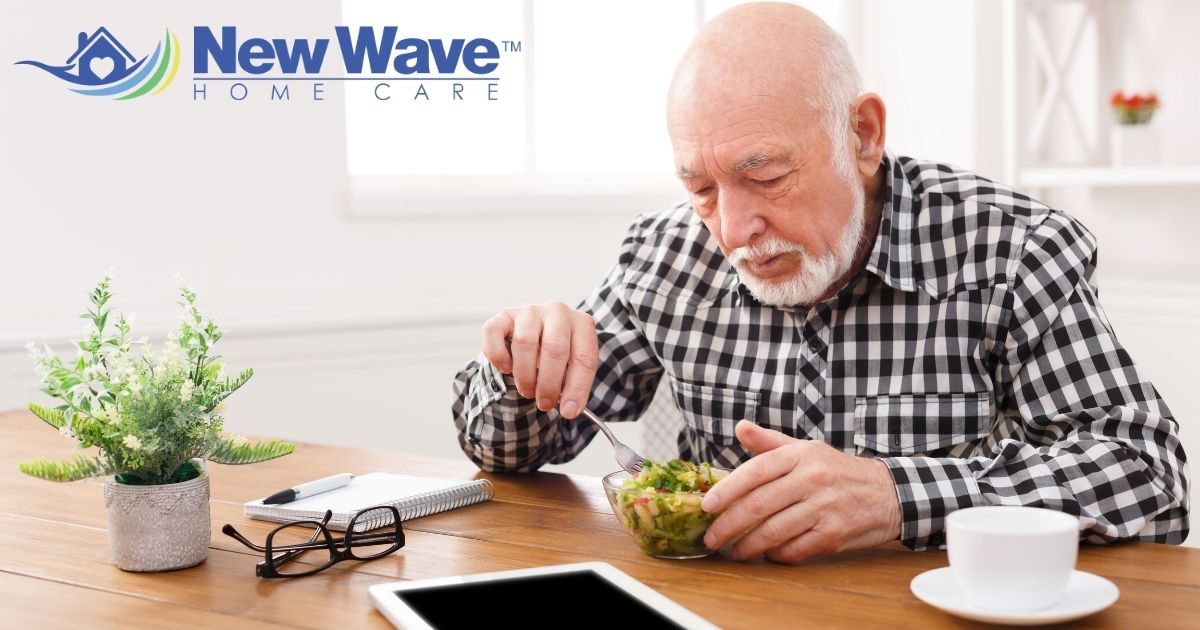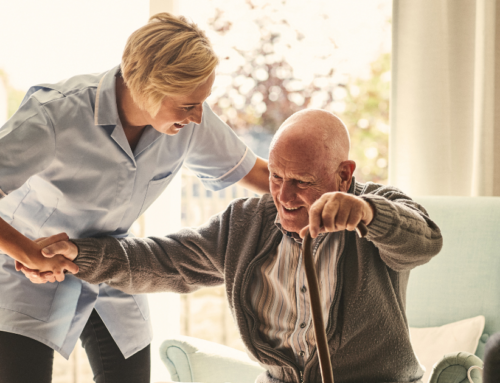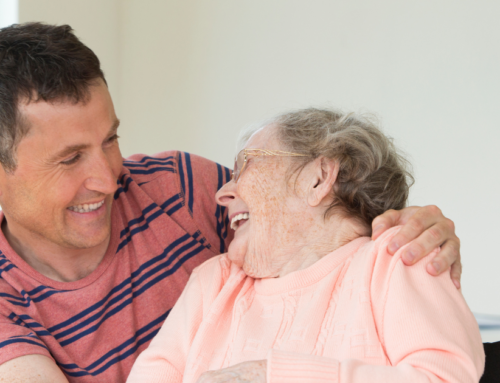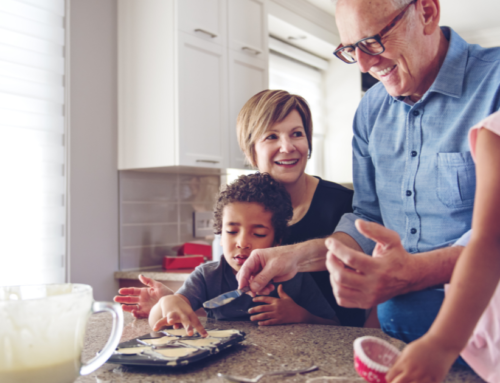On any given day, the average person wakes up, gets dressed, bathes, toilets, and leaves the house. Upon returning home, they might do some meal planning, cooking, enjoy a meal and cleanup. Sadly, millions of aging-in-place elderly Americans can no longer perform basic tasks like these because of a chronic medical condition, illness or injury. Known as activities of daily living, or simply “ADLs”, this article will explore them in more detail, along with ADL challenges that seniors face.
The Different Types of ADLs
Healthcare professionals like geriatric care managers or hospital discharge planners typically use the term “activities of daily living” to describe basic self-care responsibilities that a senior does on a day-to-day basis. As such, those activities are essential when caring for oneself if the goal is maintaining an independent lifestyle.
A person’s ability or inability to perform ADLs on their own is used by health professionals to assess that individual’s functional status and care needs. This is especially useful for someone who is older or living with a disability. ADLs also fall within two main categories: basic or instrumental.
Basic ADLs
These are examples of basic ADLs (BADLs), which refers to activities that the average person does before leaving the house after getting up in the morning:
- Personal hygiene, oral care and grooming
- Showering and/or bathing
- Toileting, which includes getting on/off the toilet and cleaning oneself
- Dressing, which includes selecting and putting on proper attire
- Self-feeding
- Functional mobility, which includes the ability to walk and transfer in and out of a bed or chair
As the average person ages, performing BADLs on their own becomes more difficult. Having surgery, dementia, suffering a stroke, or experiencing a serious fall can all further complicate one’s ability to perform BADLs.
Instrumental ADLs
On the other hand, instrumental ADLs (IADLs) are not essential for basic functioning. However, being able to perform IADLs allows an individual to live independently with minimal support.
IADLs may include:
- Money management and bill paying
- Food shopping and meal preparation
- Laundry, housekeeping and other household duties
- Medication management
- Communicating on the phone or using a computer
- Transportation
Introducing the Katz ADL Index
Named for physician Sidney Katz, the Katz Index of Independence in Activities of Daily Living- or Katz ADL Index for short- is one the most widely used evaluation tools. This index ranks proficiency of performance in six functions of daily activities: dressing, continence, bathing, toileting, feeding and transferring. Dr. Katz also created a separate scale to measure IADLs.
And although the Katz Index can be used to detect one’s declining health status, it does not accurately measure small increments of improvement that may occur during a rehabilitation process- for example after a stroke. A healthcare professional might use the Katz ADL Index to see if they need some type of follow-up care. They might recommend physical and/or occupational therapy as a result.
How You Can Help
If there’s an aging loved one in your life who’s having trouble performing ADLs, there are ways you can help. First, sit down and respectfully share your concerns with them, and then offer your assistance. In situations when your loved one’s health is declining quickly, it may be best to get them evaluated by a social worker or healthcare professional.
If your senior expresses a strong desire to remain independent, consider becoming their informal caregiver. In situations when you can’t provide the care that’s needed other options include friends, family members or professional home care from a licensed provider.
New Wave Home Care is Here to Help
Determining when a loved one needs assistance with ADLs is never easy. Once you’ve made the decision finding them a reliable in-home caregiver can be even more challenging. When you’re ready, contact New Wave Home Care and we’ll handle the rest. From an initial in-home assessment by one of our experienced care coordinators, to the ongoing care delivered by our dedicated team of compassionate professionals, we’ve got you covered.
While serving as an extended family in the home, our highly skilled caregivers use a unique approach that’s all about compassion and connection, delivered with an added personal touch that allows our clients to experience a degree of joy. Our personalized in-home solutions include respite care, personal care, transitional care, medication reminders, specialized care, dementia and Alzheimer’s care, and hospice support. At New Wave Home Care, it’s not just about caregiving. It’s about heart! To schedule a FREE in-home assessment for a senior in the greater Los Angeles area, please visit us today at www.newwavehomecare.com.







